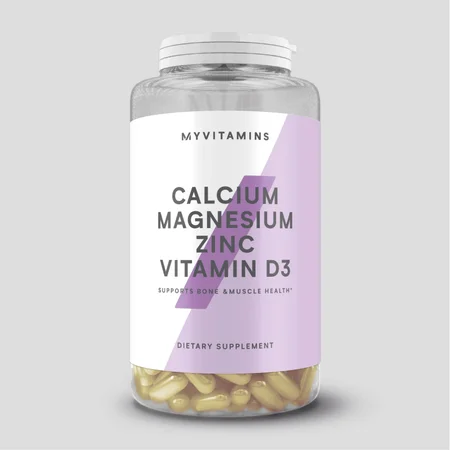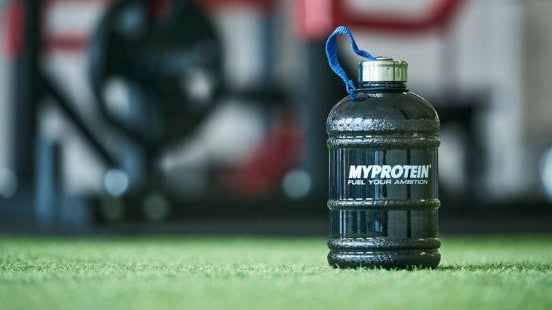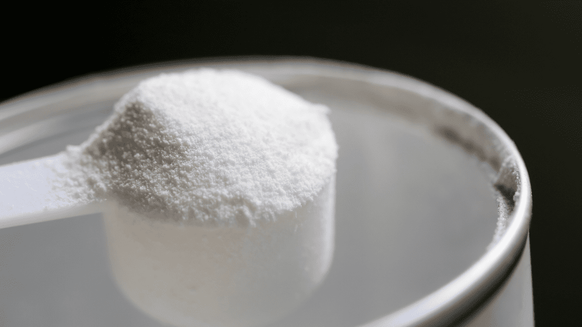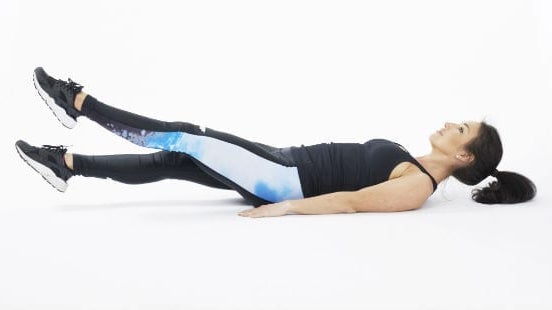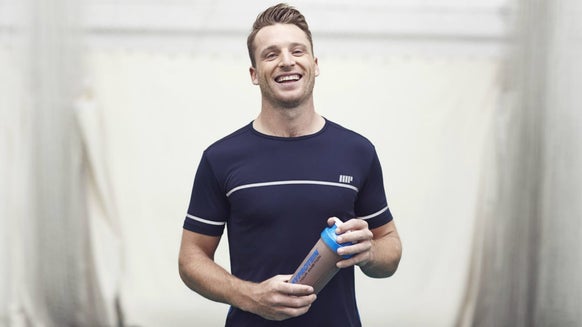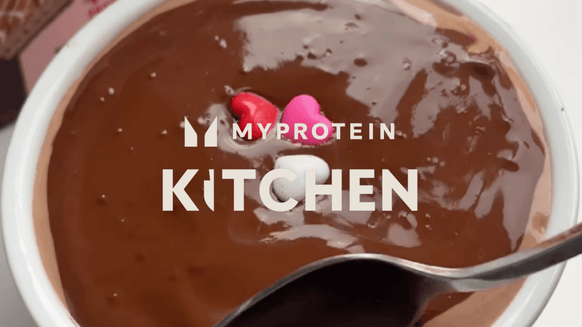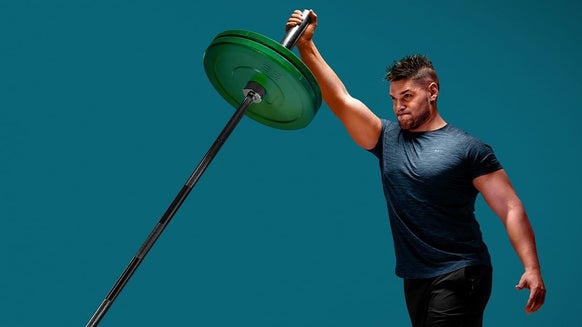

Zinc Benefits for Men
Helps to prevent testosterone deficiencies:
May help to improve sleep:
May help to maintain gut health:
May help preserve immunity:
Zinc Dosage for Men
Take Home Message
READ MORE HERE:

Do Hair, Skin and Nails Vitamins Really Work?
The all-in-one multivitamins for beauty and wellness. ...

3 Proven Benefits of Vitamin A | What It can do for You
Carrots to see in the dark? Vitamin A holds the answer....
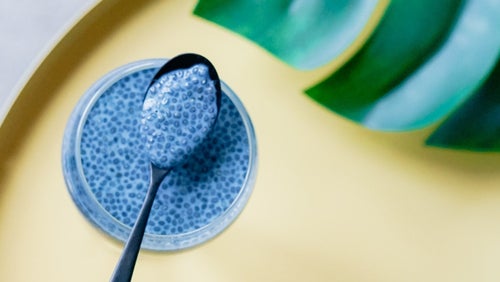
11 Benefits of Chia Seeds for Your Health
Who knew you could pack so much into one little seed?...

Liam is a certified sport nutritionist with the International Society of Sport Nutrition and is enrolled on the British Dietetics Association’s Sport and Exercise Nutrition register. He has a Bachelor’s of Science in Sport and Exercise Science and is graduate of the ISSN Diploma in Applied Sport and Exercise Nutrition.
Liam is an experienced personal trainer, helping clients reach their health and fitness goals with practical, evidence informed exercise and nutrition advice.
In his spare time Liam has competed in numerous powerlifting competitions and enjoys hill walking, football and expanding his recipe repertoire in the kitchen. Find out more about Liam's experience here.
- Prasad AS, Mantzoros CS, Beck FW, Hess JW, Brewer GJ. Zinc status and serum testosterone levels of healthy adults. Nutrition. 1996 May;12(5):344-8. doi: 10.1016/s0899-9007(96)80058-x. PMID: 8875519.
- Dietary Zinc Acts as a Sleep Modulator. (2017). International Journal of Molecular Sciences, 18(11), p.2334
- Gholipour Baradari A, Alipour A, Mahdavi A, Sharifi H, Nouraei SM, Emami Zeydi A. The Effect of Zinc Supplementation on Sleep Quality of ICU Nurses: A Double Blinded Randomized Controlled Trial. Workplace Health Saf. 2018 Apr;66(4):191-200. doi: 10.1177/2165079917734880. Epub 2017 Dec 14. PMID: 29241421.
- Leproult, R. (2011). Effect of 1 Week of Sleep Restriction on Testosterone Levels in Young Healthy Men. JAMA, 305(21), p.2173
- Suzuki, T., 2020. Regulation of the intestinal barrier by nutrients: The role of tight junctions. Animal Science Journal, 91(1).
- Wang MX, Win SS, Pang J. Zinc Supplementation Reduces Common Cold Duration among Healthy Adults: A Systematic Review of Randomized Controlled Trials with Micronutrients Supplementation. Am J Trop Med Hyg. 2020;103(1):86-99. doi:10.4269/ajtmh.19-0718
